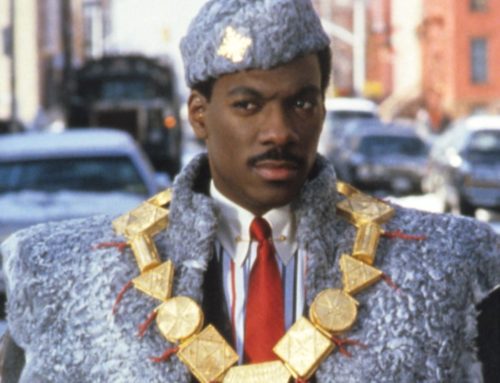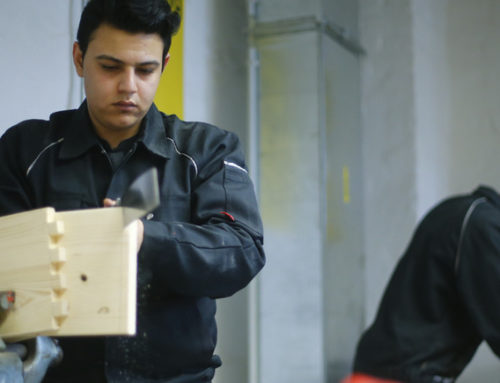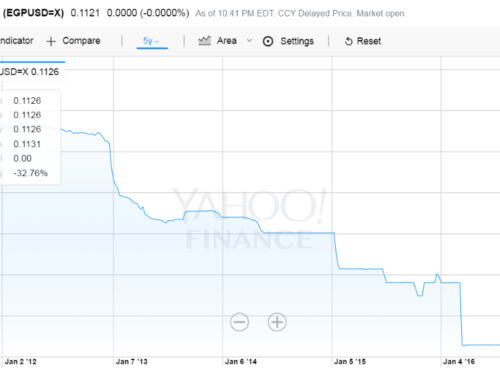Sorry I haven’t written in a while! Been hectic, work, travels, which I promise to write more about.
In the meantime: my latest post for Foreign Policy Transitions can be summed up as follows:
Hamada Saber’s fear is proof that the revolution is yet to succeed;
His daughter Randa’s courage is the reason it undoubtedly will.

What happens when you are the head of a poor household — so poor that there is only a single room for you, your spouse, and your three children, ages 15 to 20 — and suddenly, as you protest near the presidential palace, you become the victim of an abhorrent injustice that thrusts you into the national limelight? Or, to be precise, your naked body is being kicked by the police, hit with batons, and dragged from the limbs across the cold asphalt, all caught by a television camera and broadcast live to millions of homes.
The minister of interior expresses his regrets, promises an investigation, and you are transferred to a police hospital where you get arguably the best medical care you ever had. The police also promise, somehow, that they will help you find a job.
At the same time, senior officers hover above your head like malevolent angels of death, gently or not so gently pressuring you and your family to be quiescent. When your wife calls in on a widely-viewed TV-show, it’s because she is “encouraged” by a police officer who works in the ministry’s PR department. (When the show’s producers try to call her back, they find the real owner of the phone to be a police officer.) Now it’s your turn. From your Police Hospital bed, in presence of the same insignia that you saw, in a daze, when they pulled your trousers down the previous night and kicked you to the curb.
When they put a mic under your nose and stick a camera in your face, asking you to look at the blinking red light, what will you say?
And how will you be judged?
Hamada originally denied he had been assaulted by the police. He blamed protesters, saying that they attacked him in the belief (!!) that he was a policeman because he was dressed in black. His clothes were torn off, he said, as the police attempted to rescue him from the protesters. His wife, also interviewed at the hospital, spoke of the good care her husband had received in the police’s care.
But the evidence was undeniable: After all, the video is clear. Those are policemen beating up the naked form crouching on the asphalt, right beside their armored vehicles.
It was so undeniable, in fact, that the police itself stopped issuing statements about the matter — after having clumsily admitted guilt by expressing regret and promising to investigate the actions of some of their own — and just let the victim read off their script.
Unfortunately, Hamada was mercilessly attacked by many protesters and members of the opposition, who accused him of selling out and urging him to stand for his rights. He nevertheless stood by his position — and was soon followed by a prosecutor telling the same story.
More importantly, somebody else disagreed: Hamada’s own daughter, Randa. 18-year old Randa decided to disagree with her father’s position — and very publicly. In a televised interview (Ar.), father and daughter argued violently, with his daughter denying his claims, accusing him of being under pressure, and exhorting him to say the truth. “Don’t be afraid!” she repeated. “Say the truth! Who was beating you up, the government [i.e., the police] or the people? Isn’t it the government?”
The next day it was the turn of his son Ahmed to contradict his father (Ar.), stressing that the family lived in dire conditions but ending on a different note: “My father is poorer than anyone could imagine… If you want him to tell the truth, get him out of the hands of the police.”
Can we understand Hamada’s fear? Undoubtedly, yes. Decades of instilled and deadly dread of uniforms, followed by such a traumatic event, are enough to make anyone compliant. It’s important to remember that we do not know the extent of the threats or promises made to the man. We don’t like it, but we should understand it.
The ray of hope in the story is that the next generation in his own family views things very differently. They do not fear the media, they do not fear pressure, and they do not fear the police. They’ve probably been bitten — beaten? — before. Perhaps they were close enough to the revolutionary burst of hopefulness that, like a nuclear explosion, it altered their citizen DNA, changing them into proactive, fearless people willing to stand up for their rights.
Hamada’s fear of the police is proof that the revolution has not yet succeeded. Randa’s courage is the reason it will.
As I finalize this post, I see on the news that Hamada Saber decided to retract his original testimony. Now he’s going to accuse the police of beating him.



